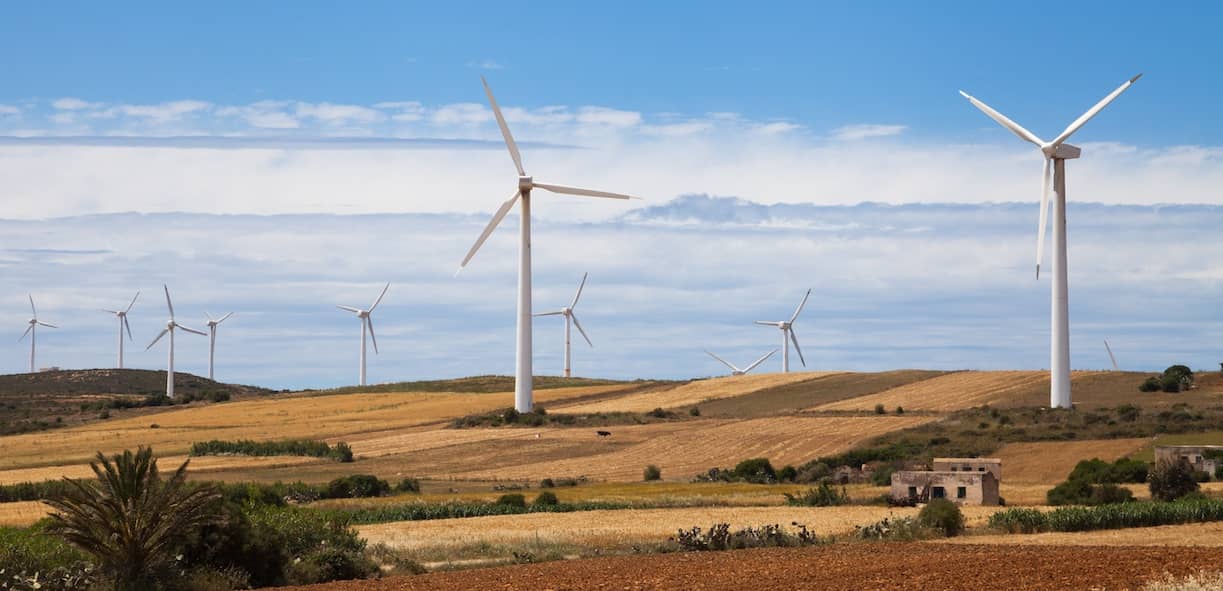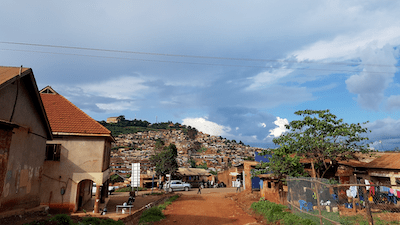Leveraging Private Sector Investment
Europe is playing an increasingly prominent role in leveraging and facilitating private sector finance for purposes that will help Africa to achieve SDG7. Private sector finance is critical if Africa is to achieve SDG7 by 2030. Under the right circumstances, equity and debt capital from both international and domestic private investors could do more than any other source of finance to achieve the goal; private finance alone has the capacity to deliver exponential growth towards SDG7.
Comprehensive project-level data on private financing for SDG7 projects in Africa is not available, and therefore the data contained within the 2022 edition of the European Financial Flows on SDG7 to Africa report does not provide an exhaustive picture of private investment. The World Bank Group and other sources including industry associations show that between 2014 and 2020, private financing of SDG7 projects increased from EUR 258 million in 2014, to EUR 2.2 billion in 2020 (peaking at EUR 3.5 billion in 2018, but also falling to EUR 798 million in 2019). The average over several years show that the sums are stepping-up over time. The 2014-2017 average was EUR 1.1 billion, increasing to EUR 2.2 billion in 2018-2020.
Using data from the World Bank’s Private Participation in Infrastructure (PPI) database, total identified private finance for SDG7-compliant projects in Africa which has been supported by financing extended by EU Institutions and Member States totalled EUR 4.4 billion. The majority of this was weighted heavily towards renewable energy generation projects. 53% of all funding supported solar energy projects, while 28% of funding supported wind energy projects.
Only EUR 188 million of private debt and equity has found its way into SDG7 projects in Least Developed Countries (LDCs – 4%). This low level of support is taken to reflect poorer countries’ often less favourable investment climate, which is unattractive to private capital. This reinforces the argument that more must be done to improve the enabling environments of LDCs to unlock private capital flows into those countries which need it most. The EU Institutions’ and Member States’ continued commitment to LDCs – including through ODA grants and support to capacity building and reforms – works to help meet this need.




